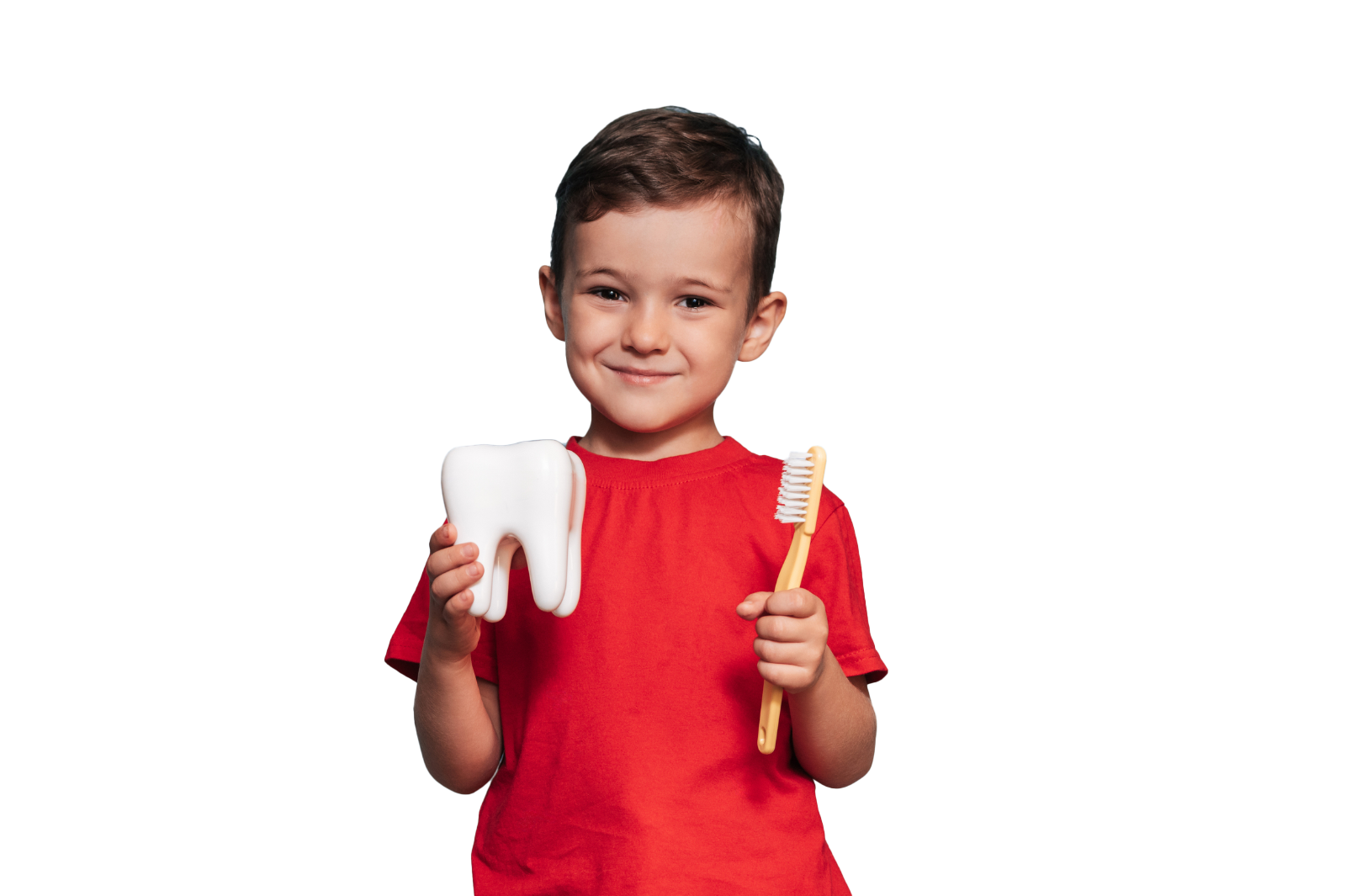Starting the journey to becoming a dentist in Canada is a significant commitment, both academically and financially. With the increasing demand for dental professionals, a career in dentistry promises stability and the potential. Like all medical professions, becoming a dentist is requires years of intense school and training.
One of the key aspects to consider is the substantial cost of dental school tuition, which can be a barrier for many aspiring dentists. This is where planning and utilizing financial tools such as Registered Education Savings Plans (RESPs) can be incredibly beneficial.
RESPs allow families to save for their child’s post-secondary education with the added advantage of government grants and tax-deferred growth, making it easier to manage the high costs associated with dental programs.
Ready to Start Your Education Savings Journey?
Educational Paths to Becoming a Dentist in Canada
Undergraduate Route
The most common route to becoming a dentist in Canada involves completing an undergraduate degree followed by dental school. To enter a Canadian dental school, you typically need to have a bachelor’s degree with a strong emphasis on science courses. Essential courses often include biology, chemistry, and physics, along with courses in mathematics. Some dental schools may also require courses in social sciences and humanities.
The Dental Aptitude Test (DAT) is a crucial part of the admissions process for Canadian dental schools. This standardized test assesses your academic ability and understanding of scientific concepts, as well as your perceptual ability and problem-solving skills. Performing well on the DAT is essential for gaining admission into a dental program. For more information on dental schools and their specific requirements, you can visit the Canadian Dental Association website.
Bridging Programs for Internationally Trained Dentists
This pathway is designed for dentists who have completed their dental education outside of Canada and wish to practice in Canada. These internationally trained dentists must undergo additional training and evaluation to meet Canadian standards.
Bridging programs typically include coursework in Canadian dental practices and ethics, as well as clinical training. The application process involves submitting proof of your international credentials, passing assessments, and sometimes completing additional examinations or interviews.
An alternative to bridging programs is the National Dental Examining Board (NDEB) Assessment Process. This process includes a series of examinations to evaluate the competencies of internationally trained dentists and may include an equivalency exam.
Doctor of Dental Surgery (DDS) Degree
The Doctor of Dental Surgery (DDS) degree is a comprehensive program that prepares students for all aspects of dental practice. The curriculum includes a blend of coursework in dental sciences, clinical skills development, and patient care. Students also engage in hands-on practice through clinical rotations, where they treat real patients under supervision.
Typically, a DDS program takes about four years to complete. The first two years are generally focused on theoretical knowledge and laboratory work, while the final two years emphasize clinical practice and patient care.
Licensing Requirements for Dentists in Canada
Dental licensure is crucial for ensuring that only qualified and competent professionals are allowed to practice dentistry. In Canada, obtaining a dental license is a rigorous process designed to ensure that all practicing dentists meet the high standards of knowledge, skills, and ethical conduct required for safe and effective patient care.
The National Dental Examining Board of Canada (NDEB) is responsible for evaluating the qualifications of candidates seeking to practice dentistry in Canada. The NDEB conducts the certification process, which is a key step for obtaining a dental license in the country. This process ensures that all dentists possess the necessary skills and knowledge to provide high-quality dental care.
Two-Part NDEB Exam Process
- Written Examination: The written exam assesses theoretical knowledge in various areas of dentistry, including clinical sciences, dental materials, and dental ethics. It is designed to test your understanding of fundamental concepts and your ability to apply this knowledge in clinical scenarios.
- Clinical Examination: The clinical exam evaluates your practical skills and clinical judgment. During this exam, you perform various dental procedures on patients or simulated models, demonstrating your ability to provide effective and safe dental treatment. This part of the exam is crucial for assessing your hands-on skills and patient interaction.
Role of Provincial Regulatory Authorities
Once you have successfully passed the NDEB exams, you must apply for licensure through the provincial or territorial regulatory authority where you intend to practice. These authorities oversee the licensing process within their respective regions and ensure that all practicing dentists adhere to local regulations and standards. They may also require additional documentation or interviews as part of their specific licensing procedures.
Navigating the licensing process is a critical step in your journey to becoming a dentist in Canada, ensuring that you meet the necessary standards and are fully prepared to provide excellent care to your patients.
Open an RESP to Fund Your Child’s Dental School.
Other Considerations
Financial Commitment of Dental School
Dental school represents a significant financial investment. Tuition fees can vary widely depending on the institution and whether you’re attending a public or private school. On average, dental school tuition in Canada can range from CAD 20,000 to CAD 60,000 per year. In addition to tuition, students should budget for additional expenses such as books, supplies, and equipment.
To manage these costs, many students rely on student loans and financial aid programs. Scholarships and grants are also available, although they can be competitive. It’s important to plan ahead and explore all financial aid options to help alleviate the burden of tuition and related expenses.
Why is an RESP a Great Investment for Aspiring Dental Students?
An RESP is also a great choice to support dental students financially throughout their education. One of the primary advantages of a Registered Education Savings Plan (RESP) is the government grants and contributions it attracts. The Canada Education Savings Grant (CESG) is a significant benefit, where the government matches 20% of annual contributions, up to $500 per year and a lifetime maximum of $7,200 per child. Additionally, for eligible low-income families, the Canada Learning Bond (CLB) offers up to $2,000 in extra contributions without requiring any personal contributions. You can use an RESP calculator to determine how much these grants can boost your savings, making it easier to afford higher education.
Another key benefit of an RESP is the tax-deferred growth it offers. Contributions to an RESP grow tax-free until they are withdrawn, allowing investments to compound more effectively over time. This means that the savings can accumulate more quickly and provide a larger fund for educational expenses when needed.
The RESP also offers flexibility in contributions. While there is a lifetime maximum contribution limit of $50,000 per beneficiary, there is no annual contribution limit. This flexibility accommodates varying financial situations, allowing families to save according to their capabilities and adjust contributions as needed.
When the funds are eventually used for educational purposes, they are withdrawn as Educational Assistance Payments (EAPs). These withdrawals, which include the grants and investment earnings, are taxed in the hands of the student. Given that students typically have little or no income, the tax liability on these withdrawals is often minimal, making the RESP an even more efficient saving tool.
Considering the high costs of dental education in Canada, which can exceed $200,000 including tuition fees and associated expenses, an RESP can significantly alleviate the financial burden. By providing a substantial fund to cover these costs, students can focus on their studies without the added stress of financial constraints.
Gaining Dental Experience
Before and during dental school, gaining hands-on experience is invaluable. Participating in volunteer work or shadowing programs allows prospective dentists to gain insight into the field, develop practical skills, and confirm their interest in dentistry. These experiences can also enhance your application for dental school by demonstrating your commitment and understanding of the profession.
Highlighting Soft Skills
In addition to technical skills, successful dentists must possess a range of soft skills:
- Communication: Effective communication is essential for interacting with patients, explaining treatment options, and working with dental staff. Strong communication skills help build trust with patients and ensure clear understanding of treatment plans.
- Teamwork: Dentistry often involves collaboration with other healthcare professionals, dental hygienists, and administrative staff. Being able to work well within a team is crucial for providing comprehensive patient care and maintaining a positive work environment.
- Empathy and Patience: Dentists must show empathy and patience when dealing with patients, especially those who may be anxious or in pain. Understanding and addressing patient concerns with sensitivity is key to providing quality care.
Considering these additional aspects will help you prepare for the challenges and demands of a dental career, ensuring that you’re not only technically proficient but also well-rounded and ready to provide exceptional care.
Frequently Asked Questions
What are the education requirements to become a dentist in Canada?
To become a dentist in Canada, you must complete several educational requirements?
- Undergraduate Degree: Most dental schools in Canada require applicants to have completed at least three years of undergraduate education, although a four-year bachelor’s degree is more common. The coursework should include science courses such as biology, chemistry, and physics.
- Dental Aptitude Test (DAT): You must take and pass the Dental Aptitude Test (DAT), which assesses your academic ability, scientific understanding, and perceptual skills.
- Doctor of Dental Surgery (DDS) Degree: After meeting the undergraduate and DAT requirements, you must complete a DDS program, which includes both coursework and clinical training.
What undergraduate degree do I need to apply to dental school in Canada?
While there is no specific undergraduate degree required to apply to dental school, most applicants have a Bachelor of Science (BSc) degree. The key is to complete the prerequisite courses required by the dental schools you are interested in, which typically include:
- Biology
- Chemistry (both general and organic)
- Physics
- Biochemistry
- Mathematics
Some schools may also require courses in social sciences and humanities.
Is the Dental Aptitude Test (DAT) mandatory for dental schools in Canada?
Yes, the Dental Aptitude Test (DAT) is mandatory for admission to most dental schools in Canada. The DAT is administered by the Canadian Dental Association (CDA) and assesses the following:
- Academic ability (science-based questions)
- Perceptual ability (spatial reasoning and problem-solving skills)
- Manual dexterity (optional carving test)
- Reading comprehension (optional)
A good DAT score is a critical component of a competitive dental school application.
What is a DDS program, and how long does it take to complete dental school in Canada?
A Doctor of Dental Surgery (DDS) program is a professional degree program that prepares students to practice dentistry. The DDS program includes:
- Coursework: Covering dental sciences, human anatomy, physiology, pathology, and dental ethics.
- Clinical Rotations: Providing hands-on experience in diagnosing and treating patients under supervision.
The duration of a DDS program in Canada is typically four years. The first two years focus on theoretical knowledge and laboratory work, while the last two years emphasize clinical practice.
How do I apply to dental schools in Canada?
To apply to dental schools in Canada, follow these steps:
- Research Schools: Identify the dental schools you are interested in and review their specific admission requirements and deadlines.
- Complete Prerequisites: Ensure you have completed the necessary undergraduate courses and earned a competitive GPA.
- Take the DAT: Register for and take the Dental Aptitude Test (DAT).
- Prepare Application Materials: Gather all required documents, such as transcripts, DAT scores, letters of recommendation, and a personal statement.
- Submit Applications: Apply through the Canadian Dental Association’s centralized application service, if applicable, or directly to the schools.
- Interviews: If selected, attend interviews with the dental schools as part of the admission process.
Each dental school may have slightly different application procedures, so it’s important to check the specific requirements of each institution.

Embark is Canada’s education savings and planning company. The organization aims to help families and students along their post-secondary journeys, giving them innovative tools and advice to take hold of their bright futures and succeed.



